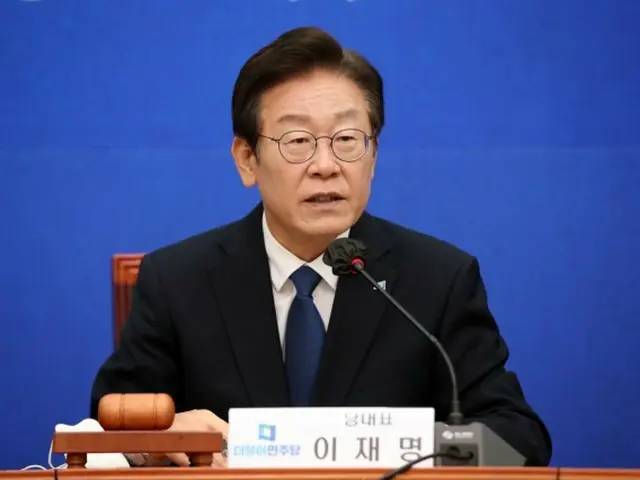The results of a public opinion poll released on the 27th showed that South Korea ranked first in the polls. The survey, conducted by Gallup Korea on the 24th to 26th among 1,001 people aged 18 and over nationwide, showed that South Korea ranked first in the polls.
In the survey, which asked which candidate they thought was the best, Lee received a preference of 25% and Han 15%. Compared to the previous survey, which was conducted in September 1 week, Lee's preference dropped by 1 percentage point, while Han's preference dropped by 10%.
By region, in Seoul, Lee was 25% and Han was 15%, in Incheon and Gyeonggi-do, Lee was 25%,
Han 17%, ▷ In Daejeon, Sejong, and Chungcheong-do, Lee 21%, Han 15%, ▷ In Gwangju and Jeolla-do, Lee 41%
, Han 3%, ▷ In Daegu and North Gyeongsang Province, Lee 21%, Han 25%, ▷ In Busan, Ulsan, and South Gyeongsang Province, Lee 2
The figures for Gangwon Province and Jeju Province, where fewer than 50 people completed the survey, were included in the overall survey, but the figures for each region were not made public.
Looking at the major party support, Lee received the support of 58% of the Democratic Party supporters (321 people). Among the Democratic Party supporters, 31% chose "reserved opinion" rather than choosing a specific person.
Among supporters of the Democratic Party, Han's preference was 1%. Han received the support of 42% of People Power supporters (312 people). Among People Power supporters, 33% chose to reserve their opinion.
Among People Power supporters, Lee was given a 3% preference. Following behind him were Cho Kuk, chairman of the Fatherland Reform Party, with 4%, and Lee Jun-seok, lawmaker of the New Reform Party, with 3%.
Also, Daegu Mayor Hong Jun-pyo and Gyeonggi Province Governor Kim Dong-yeon were both found to have 2% of the votes.
Minister of Employment and Labor Kim Moon-soo also received an approval rating of 2%, followed by Seoul Mayor Oh Sehun and former Minister of Land, Infrastructure and Transport Won Hee-ryong, who received 1% each.
Gallup Korea's next presidential preference survey is conducted in a way that the names of candidates are not presented, but rather the voters record and tally the answers they give themselves.
The survey was conducted by telephone interviewers randomly selecting virtual wireless numbers provided by the three mobile phone companies.
.
2024/09/27 20:45 KST
Copyrights(C) Herald wowkorea.jp 83

